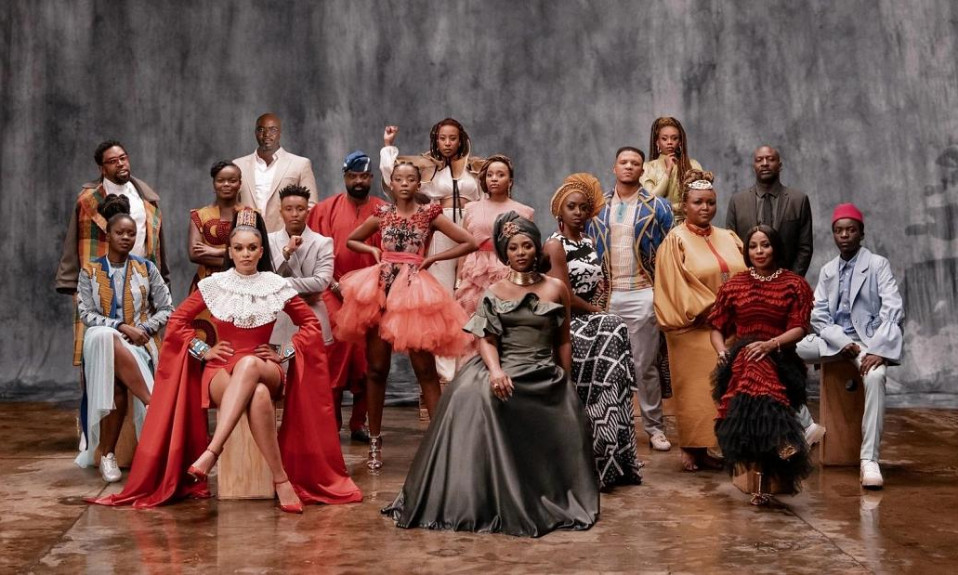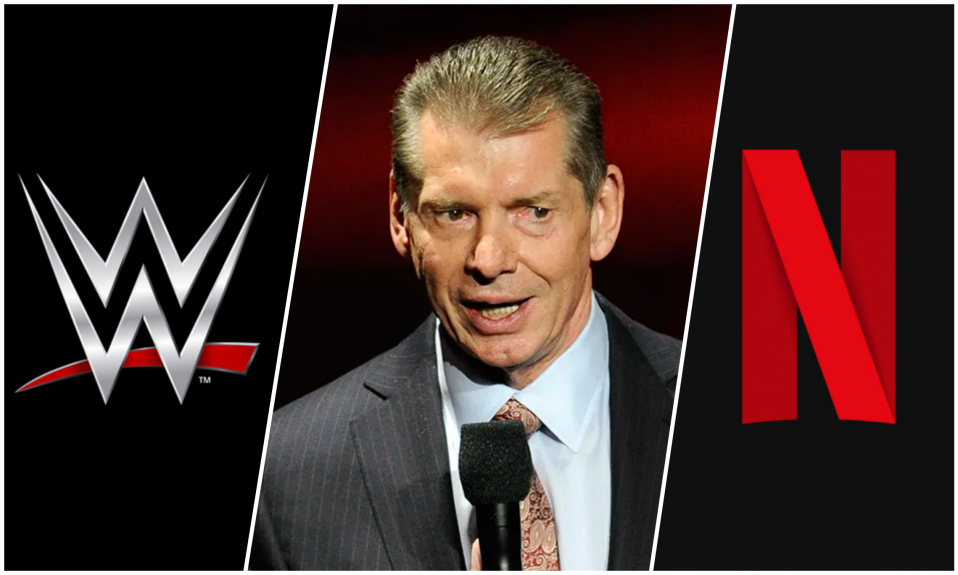Netflix is moving to expand its film content in Africa. Previously Netflix has invested large sums of money to help with the production of films and TV shows in regions like South Korea. This time it is attempting to nurture filmmakers in several African countries. Today we will look at the measures Netflix is implementing to help filmmakers across the continent. And we will also analyse what this can mean for the various film industries in Africa.
What is Netflix Doing?
This past year, Netflix announced two initiatives to facilitate filmmaking growth across sub-Saharan Africa. Firstly, they announced the short film competition African Folktales, Reimagined. Made in partnership with UNESCO. The competition allowed filmmakers across various African countries to pitch short film ideas focusing on telling classic cultural tales with modern twists. The competition’s winners would then receive a $75,000 budget and training to produce the films. With Netflix releasing the finished projects in 2022.
And the company also detailed plans for the new Netflix Creative Equity Scholarship Fund. Which will offer scholarships for film and TV students across the continent. Initially, $1 million has been contributed. This money goes towards helping media students with tuition, accommodation, course material, and living expenses during their studies. It begins operation this academic year in South Africa. Students from the South African Development Community wanting to study there were also eligible. Netflix plans on rolling the scheme out to more parts of Africa soon.
What Does This Mean For Film Makers Across Africa?
As with Netflix’s prior investments into international markets, this represents a great opportunity for emerging and established filmmakers. Netflix’s scholarship program can provide underprivileged media students with the ability to pursue education in their chosen fields. Additionally, the short film competition and the drive for more content generally, allows creatives old and new the chance to have their work seen on a platform with a huge reach. Not only showcasing their talents to worldwide audiences but increasingly across the continent itself.
With the schemes covering a range of countries and cultures, it will also allow the countries of Africa to be shown in their diverse glory. Rather than being shown as a monolith, as many Western films portray the continent. And these efforts to help develop Africa’s creative industries could lead to the creation of 20 million jobs. And kickstart a thriving film industry, thereby ensuring more opportunities for years.
However, there are some concerns. Because Netflix is a business it will be aiming to showcase projects that will garner wide interest. Meaning potentially culturally interesting ideas might not be presented. Instead, Netflix may favour appealing to the largest possible audience. For example filmmakers like Imoh Umoren claim streaming services are primarily looking for English language content in the region. Therefore providing a rather shallow view of various African cultures and art. As well as excluding a lot of artists. Finally, with Netflix only investing a small amount of money in the region (a fraction of what it invested in South Korea), the venture feels comparatively half-hearted.
Conclusion
Netflix’s bid to kickstart new opportunities for African filmmakers is a promising one. Providing creatives with the ability to make content for their renowned platform will give them attention internationally and within Netflix’s budding subscriber base across Africa. And scholarships for media students in the SADC region allow new creatives to pursue their passion. Along with potentially creating demand for millions of new jobs. However, Netflix’s current strategy needs some work. To avoid reducing the continent’s unique, diverse art and its hard work solely to a tool for Netflix’s advancement with international markets.
Also Read: Netflix and The Success of South Korea













